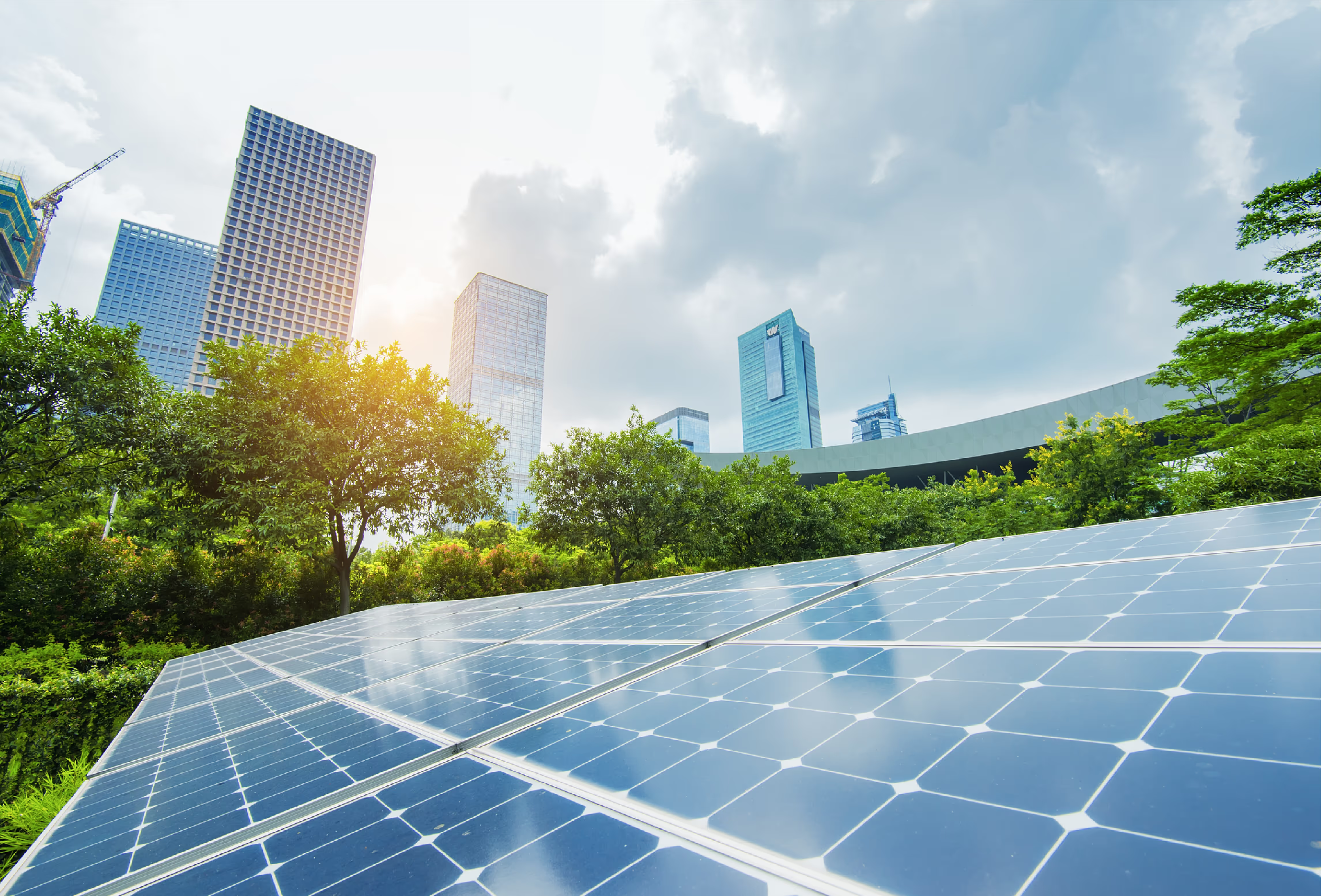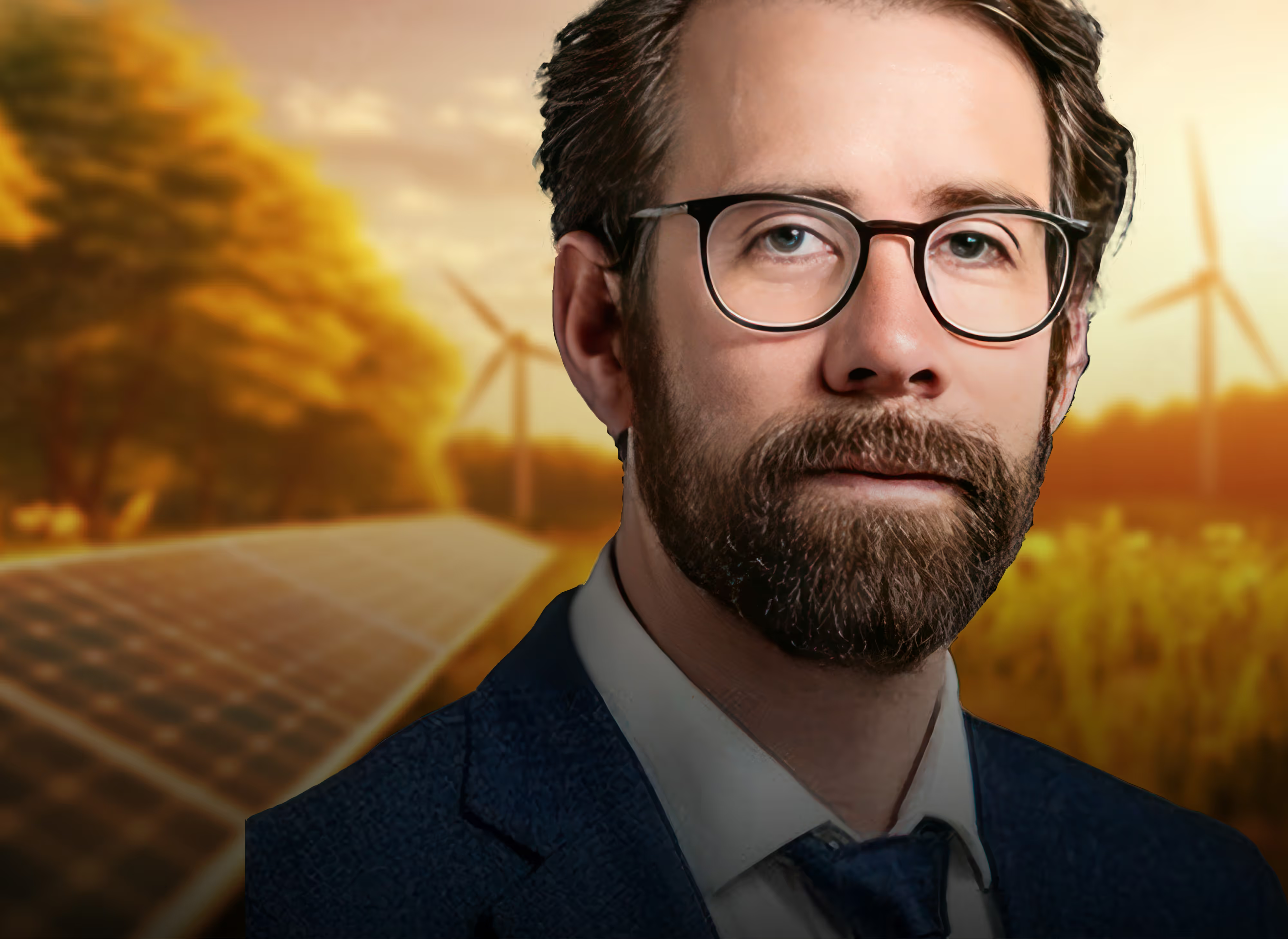If the European Union’s goal of becoming carbon neutral by 2050 weren’t already enough of a challenge, political instability and security concerns in recent years have kicked things up a notch or three, according to Amund Vik, a senior advisor to Eurasia Group, a nonpartisan geopolitical risk consultancy.
Since the war in Ukraine, he says, geopolitics has become a “massive deal” within the energy space—for energy traders, producers, consumers and anyone relying on energy as part of their logistical or supply chain or as a component of production. “Energy is the lifeblood of the world economy,” says Vik, who served as deputy minister of the Norwegian Ministry of Petroleum and Energy from 2021 to 2023, “but today we're kind of doing dialysis on the world’s economies.” Even as the EU is in the process of “changing one fuel pipe to another, one energy carrier to many, we’re also asking the patient to fight wars in multiple places to deal with geopolitical tensions and adversaries.”
Vik—who, before his government role, was head of strategy and policy for the Norwegian Labour Party and worked as a consultant for Nordic Energy Research—adds that transition to a renewable-based power sector has been a heavier lift of late because many European players need to funnel additional funds to defense, putting further strain on already-distressed public finances. “However, it's also creating this dynamic where there's a big overlap between what you need to do from a cost-of-living perspective, from an energy-transition perspective and from a security perspective. Bringing down costs and increasing security of supply both need increased domestic energy production, coupled with natural gas as a balancing fuel to make the system weather proof.”
Noting that Europe faces a competitive disadvantage in energy prices (largely due to its reliance on natural gas to balance a renewable-heavy grid) compared to the U.S. and China, he nonetheless believes the region's focus on energy efficiency will pay off in the long run. Indeed, it’s well on its way. Emissions-free sources generated nearly three-quarters of EU electricity in the first half of 2024, half of which came from wind and solar.
The transition to renewables is also driving innovation and investment opportunities, particularly in grid infrastructure and connectivity, and Vik anticipates artificial intelligence to play an increasing role in optimizing grid operations, improving decision-making, balancing intermittent renewable sources and streamlining permitting processes. Streamlining permitting is of particular importance, he says, given that bottlenecks too often slow new investment and infrastructure. AI technology that systematizes and checks compliance, for example, should “speed things up significantly.”

Vik also notes that the EU's efforts to enhance energy resilience and independence are having a ripple effect on global supply chains. He points to a growing push to reduce dependence on Chinese minerals and components, leading to increased cooperation for resource procurement—a shift in alignment with broader geopolitical trends toward regionalization of trade and "friendshoring" (manufacturing and sourcing from countries that are geopolitical allies).
All of which leaves Vik optimistic about Europe’s renewable energy future. “I was concerned when the war started and the energy systems took a beating,” he says. “But they [the providers] didn’t drop the ball or change strategy. They figured—I think correctly—that the answer to the deficiencies of the hydrocarbon energy system was not to double down on hydrocarbons, but to double down the other way and increase energy production from renewable sources.”
Vik concludes by emphasizing the need for private sector involvement to smooth and speed the transition to renewables, and not just when it comes to technology. “If the private sector just rides the wave—if they stay out of the discussion and leave everything to public policymakers—we'll get there, but it will be a much bumpier road.”


.avif)
.avif)
.avif)